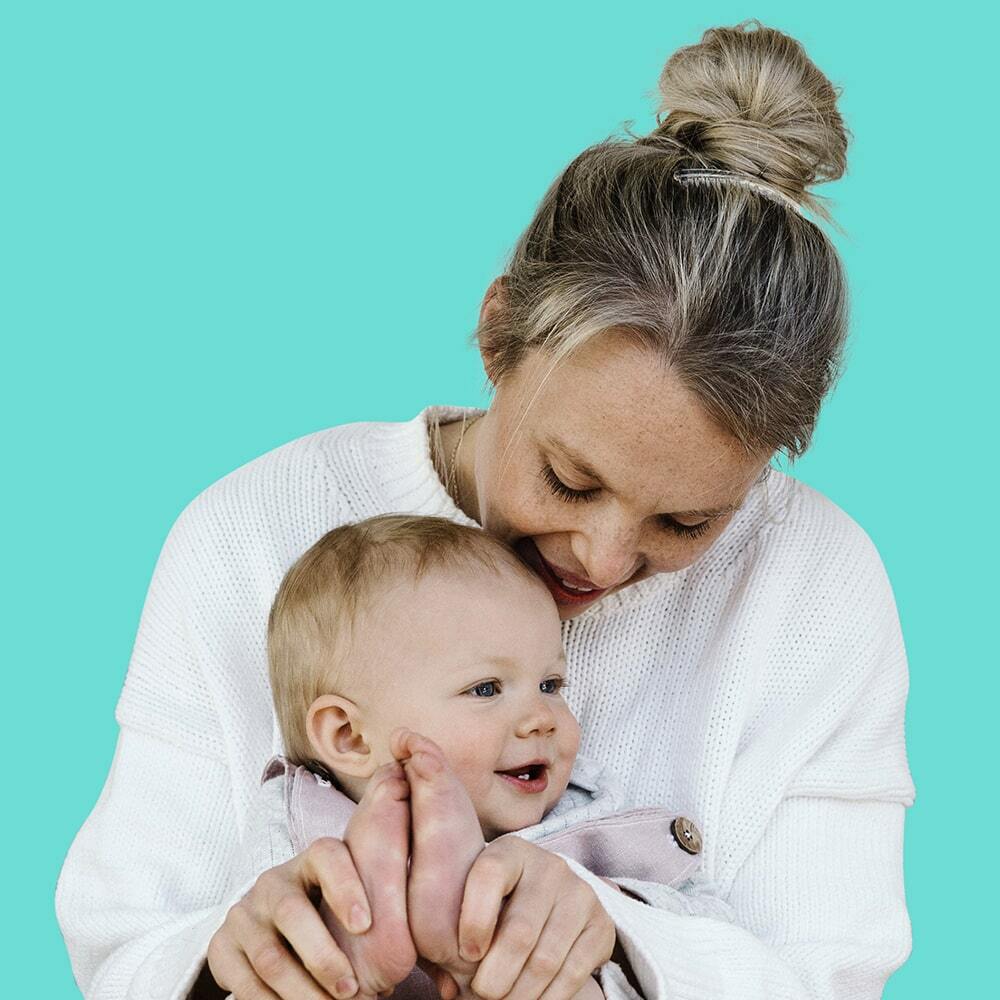Miscarriage
If you have experienced miscarriage and would like some extra support, please reach out to our empathetic counselling team. We’re here to help you work through the grief - no matter how long it takes.
Common questions
Tragically, miscarriage is a normal part of human reproduction, and most cases cannot be prevented. Just remember—most women who miscarry will go on to have a successful pregnancy and a healthy baby.
Types of miscarriage
Other types of pregnancy loss
Causes of miscarriage
It’s hard to accept, but sometimes there is no clear reason why a miscarriage occurs.
Remember, it’s not your fault. In the vast majority of cases, a miscarriage has nothing to do with you - there is nothing you could have done differently to prevent it from happening. It’s just nature’s way of telling us that the pregnancy would have never resulted in a healthy baby.
Research suggests that most women experience miscarriage due to chromosomal abnormalities in the embryo -meaning the pregnancy would never have been viable.
Some other contributing factors include:
- • maternal age (unfortunately, women over 40 have a higher chance of miscarrying)
- • an abnormally-shaped uterus
- • hormonal disorders
- • infections and chronic diseases
- • lifestyle factors such as obesity, smoking, alcohol or drugs
While a healthy lifestyle may decrease your chance of miscarriage, even the healthiest of women may suffer pregnancy loss. So please - don’t blame yourself.
Miscarriage and fertility
While miscarriage is incredibly upsetting, the good news is that it won’t generally affect your future fertility. In most cases, your fertility levels will return to normal with your next menstrual cycle.
Sometimes, though, getting ready emotionally to try for a baby again can take a little longer. Please take heart - this is completely normal. The grief may take a good while to heal, and when it does, we’re here to support you.
When you’re ready to try for a baby again, please talk through any concerns you may have with your fertility specialist.
Coping with miscarriage
Miscarriages are deeply distressing, no matter where you are at on your fertility journey.
There is no right or wrong way to feel when coping with the loss of your baby. Grief is deeply personal, and it can be experienced both physically and emotionally. Everyone is different. Some people cope by preparing to try again. Others need time and space to grieve before moving on.
Often, people may find solace in counselling and support services which allow you to voice your feelings. You can also turn to your doctor or family and friends for support during this challenging time.
If you miscarry during the course of your treatment, Monash IVF counsellors are on hand to support you. Rest assured, our counsellors are experienced at dealing with miscarriage, so they understand the many emotions you may be experiencing. These emotions don’t always have a clear end date. That’s why our empathetic counsellors offer unlimited support and follow-up.
Genetic testing - giving your embryos the best chance
If you experience recurrent miscarriage or are trying to conceive later in life, your fertility specialist may suggest genetic screening. Pre-implantation genetic testing - or PGT - is a way of testing embryos before they are implanted in order to detect any chromosomal or gene-related issues.
Genetic testing allows our scientists to handpick viable embryos. Only embryos with the potential to result in a healthy baby are transferred - so your risk of miscarrying due to chromosomal abnormality significantly decreases.
Interested? Learn more about PGT here.
If you have experienced miscarriage or believe you may be in a high-risk category to have one in future, it’s best to consult with a fertility specialist. They will talk through your options in detail and help you plan for the future.
Please call 1800 628 533 to book an appointment.

Start your fertility journey
Wherever you are on your journey, one of our supportive nurse enquiry team can help you understand your options and take the next step. These conversations are free and informative.